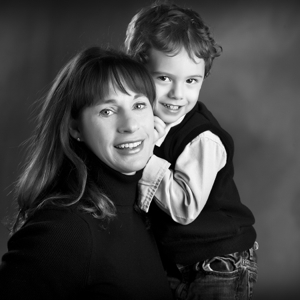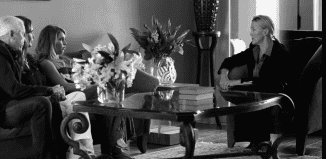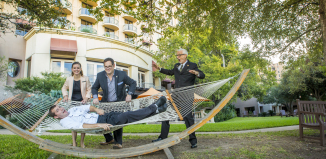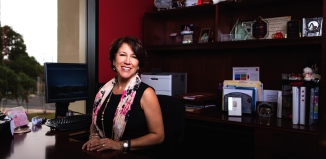When Jessica Rutzick found out she couldn’t get pregnant, she did what an increasing number of would-be parents do today: she turned to an egg donor. For Rutzick, who now has a healthy, happy 4-year old son, the experience not only brought her a child, but an idea that gave birth to a new business.
After going through the donation and in vitro fertilization process, the Wyoming attorney knew she could make the experience better than what she’d been through. And thus Premium Egg Donation was born.
Now in its second year, the agency works with families from all over the world, and welcomes both gay and straight potential parents. Rutzick estimates that about one third of her clients are gay men.
“We want everyone to have a baby,” Rutzick says. “We want to help everybody. A really great part of my job is helping couples to grow their families.”
There are approximately 14,000 egg donations in the U.S. today, including medical tourists who come from other countries. Unlike European countries, the U.S. doesn’t currently regulate egg donations. And that means that while it’s easier to get an egg donor in the U.S., there’s also a wide range of quality when it comes to egg donor agencies.
“There are certain pitfalls people aren’t aware of going in,” Rutzick says of the industry. “I learned about some of them the hard way, which is why I started my agency.”
At the first agency she worked with when she was searching for her own donor, Rutzick got a bait-and-switch routine when she put down a sizable deposit, only to be told the donor she had selected couldn’t be reached, and that she’d have to pick another one. At another agency, Rutzick learned that the donor she ended up using had already donated eggs six times, the maximum amount the American Society for Reproductive Medicine recommends. That made her wonder what other details the agency had failed to verify. Luckily, her doctor knew the donor and was able to confirm that it was safe for her to make another donation.
Rutzick was determined from the start to not only provide the best donors, but to run her business honestly and with transparency.
Her donors – she has 76 currently – are academically credential’s donors are attending or have graduated from a 4-year accredited university; many are in graduate school. The agency verifies their transcripts, and checks photo identification against photos the donors have provided. Premium Egg Donation also has a smaller age range for donors, from 21 years old to 31 years old.
“I do that intentionally, because I think it’s a big decision to make,” Rutzick says. “These women are a little more informed at 21 than they are at 18…and we’re in touch with all our donors as well. Other agencies aren’t. Our donor coordinator and I have a relationship with all our donors, and we love all our donors. They’re all so wonderful, these young women.”
A typical egg donation can cost tens of thousands of dollars. Parents pay an agency fee, which for Premium Egg Donation is $9,000. They also pay a donor fee, medical expenses, and for some couples, a surrogate fee.
Premium Egg Donation handles the contracts and logistics of the donation process, not the medical side or surrogacy. For couples using a surrogate they have already chosen, the agency communicates with the medical center the couple is using, so that ovulation cycles between the donor and surrogate can be matched.
Once the donor’s eggs have been chosen and removed, an embryologist selects the healthiest-looking eggs, and inseminates them with sperm. From there, the embryos are incubated, then studied some more. The most viable are injected into the surrogate or mother, who will have taken injections to ready her uterus. And after that, it’s just a matter of waiting.
“My goal is to make this experience as exciting and stress free as possible,” says Rutzick.





































